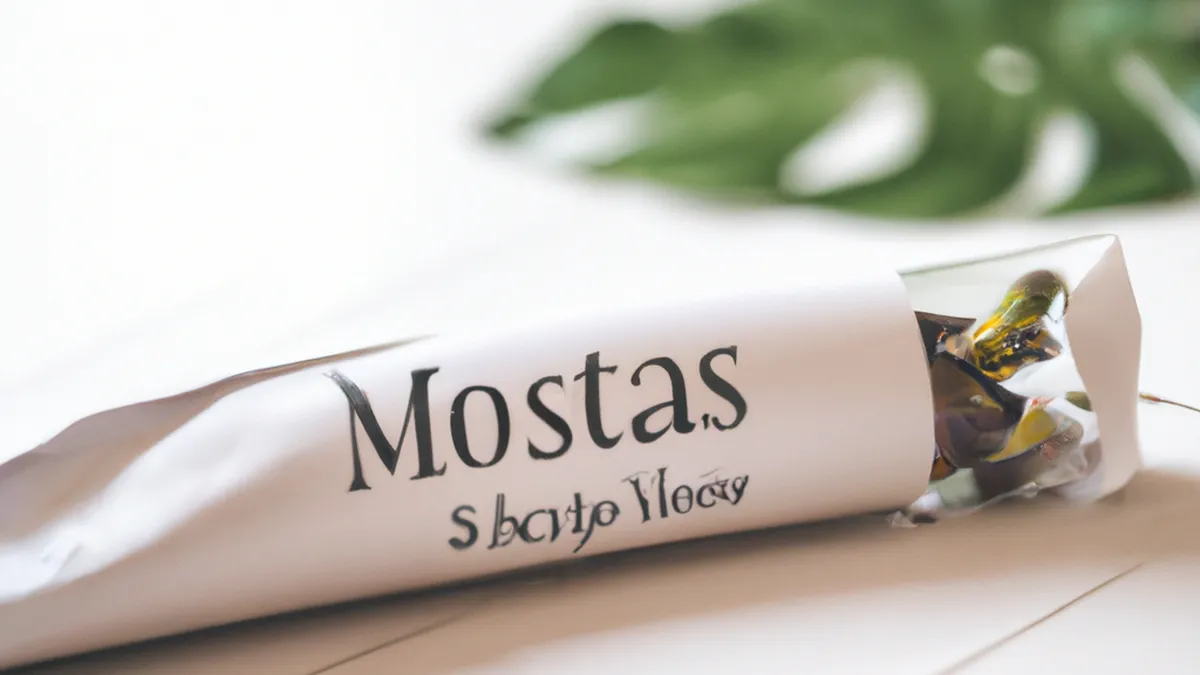Qigong Practices to Enrich Emotional Wellbeing
The Connection Between Qigong and Improved Emotional Intelligence in Recovery
Recovery from addiction or trauma requires addressing emotional health and physical health. Qigong effectively supports this journey. This ancient Chinese practice combines movement, meditation, and breath control to enhance overall well-being. As you explore Qigong, you may notice its positive effects on emotional intelligence (EI). This post discusses how Qigong improves EI and offers valuable insights for your recovery.
Understanding Emotional Intelligence
Emotional intelligence means recognizing, understanding, and managing your own emotions. It also involves recognizing, understanding, and influencing others’ emotions. High emotional intelligence helps individuals navigate social situations and build meaningful relationships. In recovery, developing EI remains essential. It aids individuals in managing complex feelings, coping with stress, and responding constructively to challenges.
The Role of Qigong in Recovery
Qigong serves as a holistic practice that promotes mindfulness and body awareness. It encourages individuals to connect deeply with their bodies and emotions, crucial for emotional healing. Regular Qigong practice enhances physical health and cultivates emotional resilience. Integrating Qigong into your recovery process builds a strong foundation for emotional growth.
How Qigong Enhances Emotional Intelligence
1. **Increased Self-Awareness**: Qigong emphasizes self-awareness. As you practice, you attune to your body and emotions. This awareness helps you recognize emotional triggers, patterns, and responses. Understanding your emotional landscape enables proactive steps to address negative feelings and nurture positive ones.
2. **Improved Emotional Regulation**: Qigong’s breathwork calms your nervous system. Controlled breathing activates the parasympathetic nervous system, promoting relaxation and reducing stress. A calm mind enhances emotional control, enabling thoughtful responses instead of impulsive reactions.
3. **Empathy Development**: Qigong fosters connection with yourself and others. As you enhance self-awareness and emotional regulation, you become more attuned to others’ emotions. This increased empathy enriches relationships and social interactions, facilitating deeper connections.
4. **Stress Reduction**: Qigong offers significant stress-relieving benefits. Regular practice lowers cortisol levels, improving mood and decreasing anxiety. Reduced stress contributes to a stable emotional state, allowing you to engage with emotions constructively.
5. **Mindfulness and Presence**: Qigong emphasizes staying present in the moment. Mindful movements and meditative focus enhance your awareness and connection to your experiences.
Conclusion
Incorporating Qigong into your recovery journey enhances emotional intelligence and supports overall well-being.
Below are related products based on this post:
FAQ
What is emotional intelligence and why is it important in recovery?
Emotional intelligence (EI) involves recognizing, understanding, and managing your own emotions, as well as those of others. In recovery, developing EI is crucial as it helps individuals manage complex feelings, cope with stress, and respond constructively to challenges, ultimately aiding in building meaningful relationships.
How does Qigong support emotional intelligence development?
Qigong supports emotional intelligence development by enhancing self-awareness, improving emotional regulation, fostering empathy, reducing stress, and promoting mindfulness. Through its practices, individuals become more attuned to their emotions and those of others, allowing for better emotional management and richer social interactions.
Can Qigong really help with stress reduction during recovery?
Yes, Qigong can significantly help with stress reduction. Regular practice lowers cortisol levels, improves mood, and decreases anxiety. By promoting relaxation and a stable emotional state, Qigong allows individuals to engage with their emotions more constructively during their recovery journey.















Post Comment